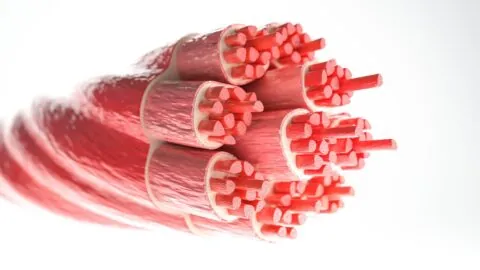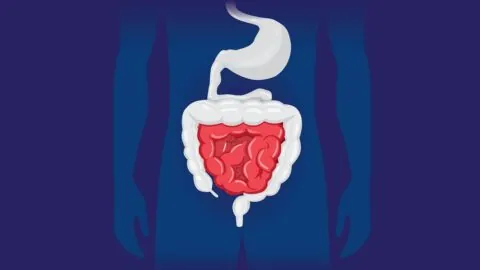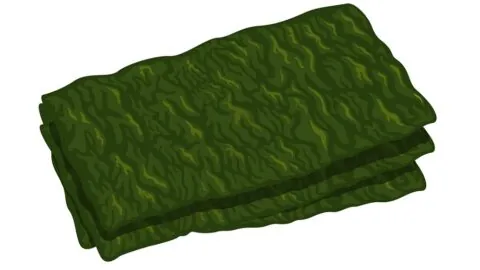April 22, 2024
With an in-depth examination tool in hand, researchers publishing in Aging have done a preliminary examination of the muscle protein differences between younger and older people and how older people's proteins change with exercise. The power to take a close look This paper begins with a discussion of proteomics, the science of analyzing what proteins...
April 18, 2024
A study published in Aging Cell has reported that older people with better regulated autophagy in their skeletal muscles have less age-related frailty. Taking out the trash What is Autophagy?Autophagy, derived from ancient Greek, means "eating of self". Autophagy is the way cells break down misbehaving or nonfunctional organelles and proteins in the cell. This...
February 22, 2024
Rejuvenate Biomed has recently concluded a clinical trial for sarcopenia. The results have shown “meaningful improvements in muscle strength, function and fatigue resistance”. What is sarcopenia? Sarcopenia is an age-related progressive loss of muscle mass and strength that affects many older adults. This decline in muscle mass and strength can greatly impact quality of life...
February 19, 2024
In Aging, a team of researchers has outlined a possible relationship between low grip strength and compounds in the gut microbiome. The gut-muscle axis As these researchers note, previous work has described many of the various ways in which metabolism is related to age-related muscle dysfunction, including inflammation, oxidative stress, accumulation of advanced glycation end-products...
January 22, 2024
Today in GeroScience, researchers have published an analysis of a cohort study, concluding that adherence to physical activity recommendations can mitigate the increased mortality associated with disability. Simply being able to live In this paper, disability refers to impediments to the basic activities of daily living (ADLs), such as moving, dressing, showering, and eating. Disability...
December 13, 2023
A recent publication in Aging and Disease describes human and animal research demonstrating improvement in the function and biomarkers of muscle tissue after Ishige okamurae extract supplementation [1]. The benefits of seaweed Clinical trials of seaweed consumption have reported beneficial health effects and protection against senescence-associated and metabolic diseases, such as cardiovascular disease, cancer, obesity,...






